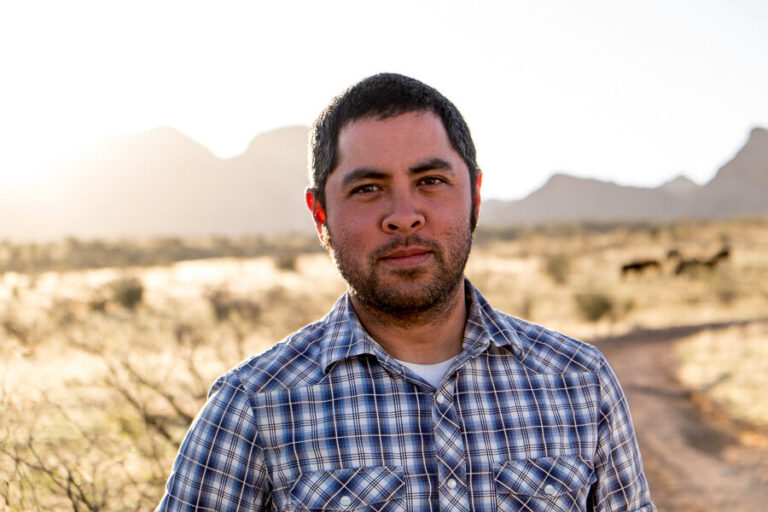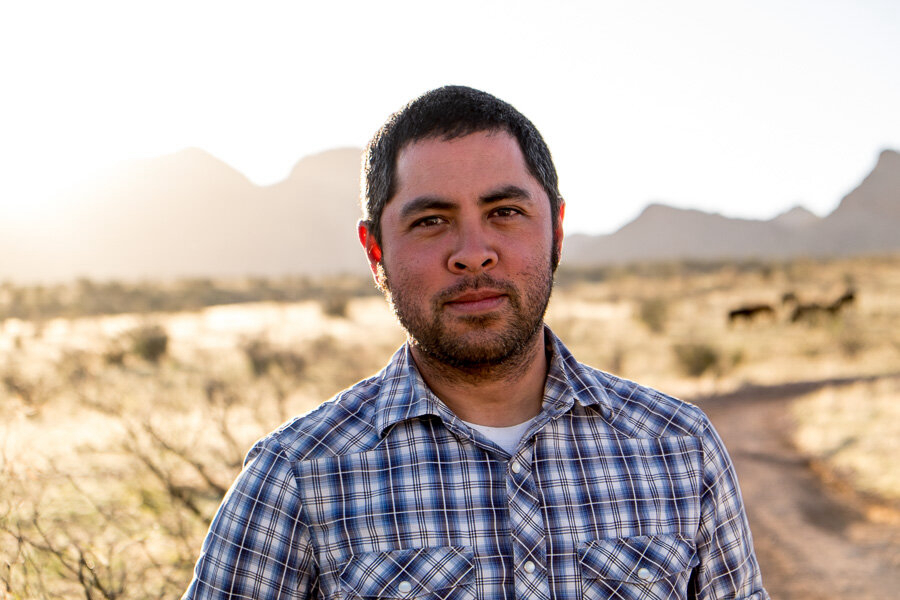Join Penn State alumnus and anthropologist Jason De León to hear about his work studying the migration of clandestine migrants crossing the U.S.–Mexico border.
Jason is a professor of anthropology and Chicana/o studies and director of the Cotsen Institute of Archaeology at the University of California, Los Angeles. He is also executive director of the Undocumented Migration Project, raising awareness about migration issues globally while also assisting families of missing migrants in reuniting with their loved ones.
Jason is the author of the award-winning book The Land of Open Graves: Living and Dying on the Migrant Trail (featuring photos by Michael Wells). His new book, Soldiers and Kings, is an in-depth look at the daily lives of smugglers moving migrants across Mexico. He is also a 2017 MacArthur Foundation Fellow.
The talk, which is part of the College of the Liberal Arts' “Moments of Change: Immigration, Identity, and Citizenship” theme, will be followed by a reception.
Sponsored by:
- Penn State Harrisburg
- College of the Liberal Arts
- Department of Anthropology
- Population Research Institute
- Migration and Diversity Initiative in the Social Science Research Institute
- Warren C. Robinson Memorial Fund in the Population Research Institute
- Gordon F. and Caroline M. De Jong Lectureship in Social Demography Endowment
For more information on Jason De León, please visit www.prhspeakers.com. You can also listen to Jason on the Democracy Works podcast hosted by the McCourtney Institute for Democracy at Penn State.
Questions about the event can be directed to Jennifer Van Hook at jxv21@psu.edu.
- What are the push and pull factors of immigration for De León’s research subjects?
- De León says, “People don’t come to these decisions easily.” What are his subjects risking when making this journey?
- What does America represent to De León’s subjects?
- What factors in the US continue to draw immigrants over the border despite increased levels of border enforcement?
- What role to families play in the migration journey, and how are family relationships impacted by it?
- Is immigration a problem for the United States? If so, is it more of a political problem, or a social/economic problem?
- De León speaks about developing empathy or a shared understanding of the human experience when following migrants’ journeys—as opposed to othering or dehumanizing them. How does this shift the perspective or approach of doing anthropology?
- De León also attempts to understand those people who are gang members or smugglers (coyotes)—why? What does he find out about their backgrounds?
- What about objectivity in research? Is his subjectivity a disadvantage or an advantage when doing fieldwork?
- How might his approach potentially shift the perspective of his readers or audience?
- What responsibility does De León have to his research subjects?
- In what ways does De León say that (undocumented) immigration benefits the US economy?
- How is the smuggling industry a response to US immigration policy?
- From what he observes from the field, what are De León’s criticisms of immigration policy?
- What are the push and pull factors of immigration for De León’s research subjects?
- De León says, “People don’t come to these decisions easily.” What are his subjects risking when making this journey?
- What does America represent to De León’s subjects?
- What factors in the US continue to draw immigrants over the border despite increased levels of border enforcement?
- What role to families play in the migration journey, and how are family relationships impacted by it?
- Is immigration a problem for the United States? If so, is it more of a political problem, or a social/economic problem?
- De León speaks about developing empathy or a shared understanding of the human experience when following migrants’ journeys—as opposed to othering or dehumanizing them. How does this shift the perspective or approach of doing anthropology?
- De León also attempts to understand those people who are gang members or smugglers (coyotes)—why? What does he find out about their backgrounds?
- What about objectivity in research? Is his subjectivity a disadvantage or an advantage when doing fieldwork?
- How might his approach potentially shift the perspective of his readers or audience?
- What responsibility does De León have to his research subjects?
- In what ways does De León say that (undocumented) immigration benefits the US economy?
- How is the smuggling industry a response to US immigration policy?
- From what he observes from the field, what are De León’s criticisms of immigration policy?


Occurrences
-
Tuesday, September 17, 2024, noon–1:00 p.m.